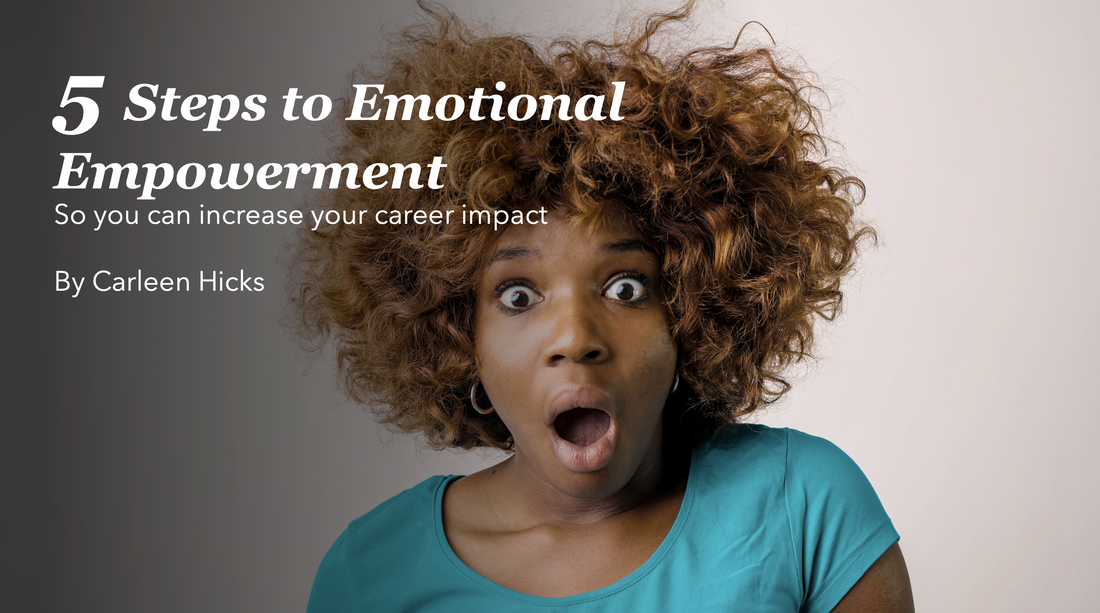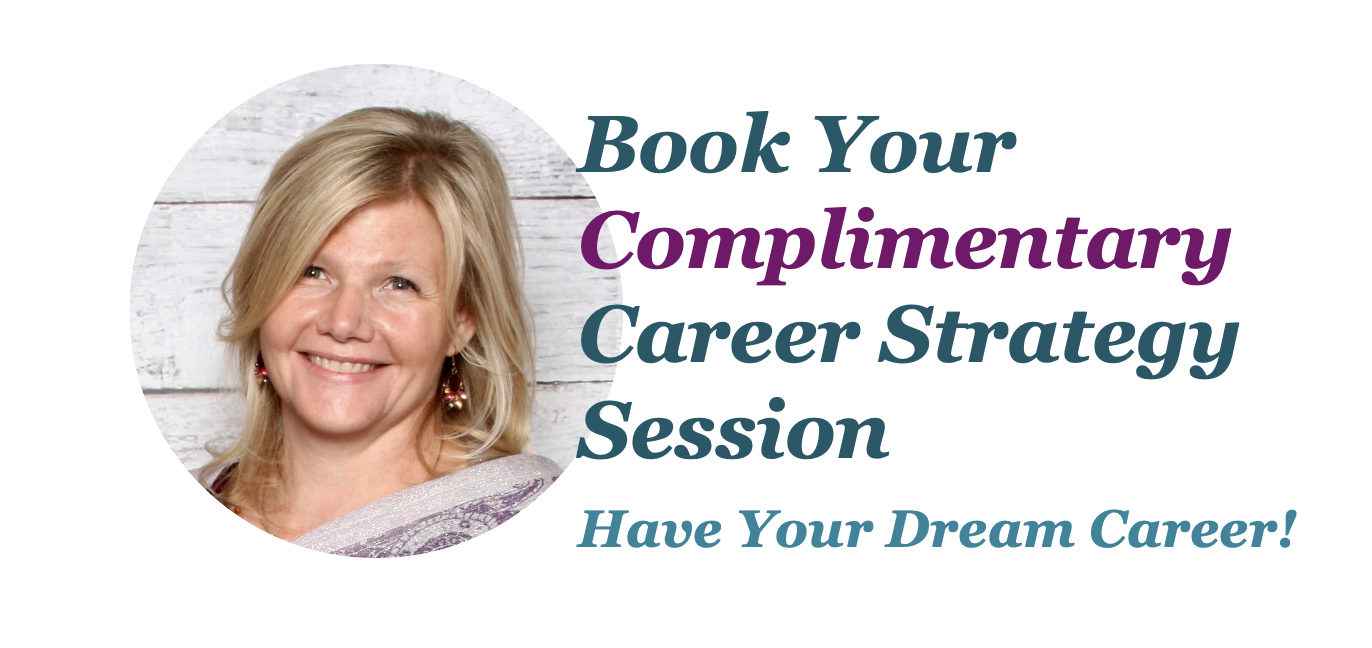|
Fun fact, blind spots (those things you do that hold you back at work, but you don’t know you do them) are directly related to the emotions you avoid feeling. OK, so maybe that’s a not so fun a fact. But there are always things you can do about blind spots. If you don’t know how to work with feeling vulnerable, shame, anger, disappointment, etc. at work, you have blind spots that will affect both the way you are perceived by others and the depth of your impact at work. We all avoid unwelcome emotions; this is very human (no shame-baths!). The step here is to continually commit to identifying those unwelcome emotions when they are present using them as insight, rather than reacting in the moment (keep reading, I have a simple system to press pause on those emotions so you can use them as insight). There are also those circumstances where you’re OK to feel unwelcome emotions. This makes it confusing to illuminate blind spots because they impact your career when circumstance meets unwelcome emotion in particular contexts. Let me explain:
Managing unwelcome emotions within a context where you don’t always have access to acceptance is really difficult (and spawns all kinds of blind spots). So, to help with feeling all the feels at work and illuminating blind spots before they impact your career, here is my Blind Spot Pause Blueprint (with sentence stems to help ask for what you need):
Blind spots don’t have to negatively affect your career impact. Regardless of which blind spots you have (and remember, we all have them), my Blind Spot Pause Blueprint will help ensure you give yourself what you need, in a circumstance where others have different or competing needs. Being open to unwelcome emotions is an empowering choice; one you need to make again and again in work and life. You’ve got this.
Comments are closed.
|
|
|


